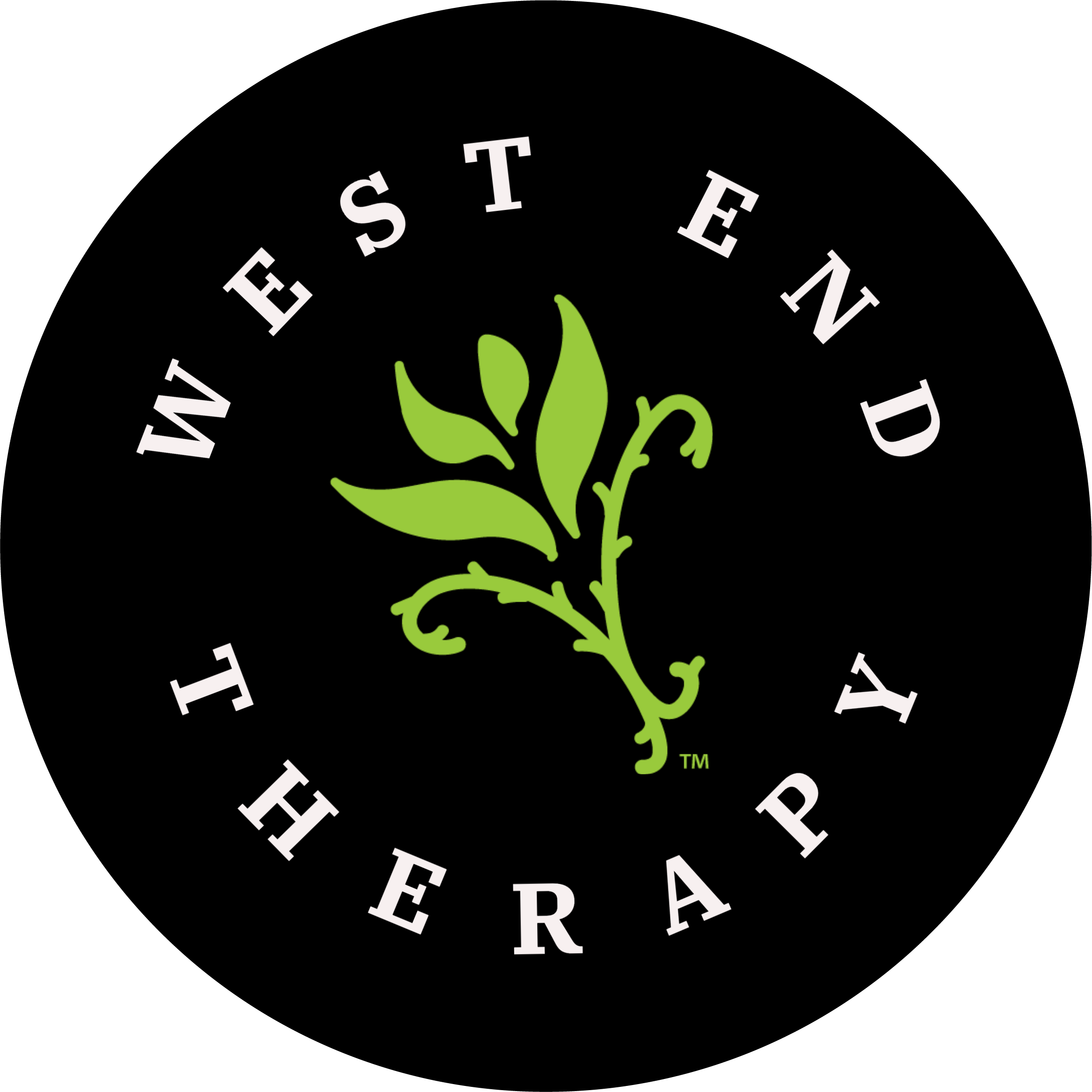What is Cognitive Behavioural Therapy?
Cognitive Behavioural Therapy (CBT) is a structured form of behavioural therapy that explores how your thoughts, feelings, and behaviours are connected. The core idea is that negative thinking patterns can contribute to emotional struggles and unhelpful behaviours. Through CBT, you learn to recognize and challenge these patterns so you can feel more in control of your life.
Some clients know it as cognitive behaviour therapy, but the approach is the same. Our registered therapists integrate CBT tools and strategies into their sessions to help you set goals and practice strategies that create lasting change.
Conditions CBT Can Help With
CBT is widely used to treat a variety of mental health challenges, including:
Anxiety disorders
Depression and low mood
Posttraumatic stress disorder (PTSD) and post traumatic stress disorder related symptoms
Obsessive compulsive disorder (OCD)
Stress management and burnout
Anger and mood regulation
Sleep difficulties such as insomnia
Chronic pain and its impact on physical health
Most therapists have some training in CBT approaches, due to their wide applicability and usefulness in therapeutic work. Furhtermore, most therapists also combine cognitive behaviour therapy with other approaches rather than exclusively using CBT techniques. This provides a more holistic and well-rounded therapy experience and approach to treating the above-named conditions.
CBT Techniques and Tools
Some of the most effective CBT techniques include:
Cognitive restructuring – Identifying and challenging unhelpful thoughts that feed into stress and emotional dysregulation.
Behavioural activation – Support, encouragement and tools to help you to re-engage in meaningful and enjoyable activities.
Exposure therapy – Facing fears gradually and safely. Practicing relaxation techniques while taking small steps towards facing the situation that is causing distress.
Mindfulness and relaxation tools – Reducing stress and improving present-moment awareness through pausing, breath work, and noticing thoughts and feelings.
Problem-solving strategies – Learning structured ways to manage challenges and plan ahead develops confidence to help reduce distressing situations or unhealthy patterns.
These tools are designed to help you gain confidence and improve your day-to-day well-being.
The CBT Process
CBT therapy usually starts with setting specific, achievable goals. Together with your therapist, you’ll explore what’s contributing to your struggles and practice skills to shift those patterns. Between sessions, you may be encouraged to apply techniques in real life to strengthen progress.
CBT is often a short- to medium-term treatment, making it an efficient option for addressing mental health concerns like depression, anxiety, or trauma.





